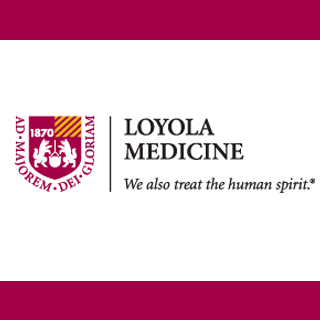
Vitamin D probably helps the immune system tolerate the organ, so appropriate levels of this supplement can result in positive outcomes. 122 patients who previously underwent a lung transplant at Loyola between January 2005 and June 2008 were included in the study. While 64 patients were male, 58 were female with an average age of 49.2 years. Authors measured vitamin D levels and observed that 50 percent were lacking optimal proportion of this supplement. From the total number of study subjects, 18 percent were not deficient and 32 percent were unknown.
“Vitamin D deficiency is prevalent among lung transplant recipients. This study shed greater light on the serious impact that this deficiency has on lung transplant patients,†enlightened Pauline Camacho, MD, study investigator and director of the Loyola University Osteoporosis and Metabolic Bone Disease Center.
It was ascertained that vitamin D deficiency is linked with a considerable rise in organ rejection among 51.7 percent of patients during the first year following transplant. Also elevation in inflammation was noted among 16.7 percent vitamin D deficient patients. It is known that vitamin D helps keeping cancer, osteoporosis, heart disease, diabetes and depression at bay. But its deficiency may trigger schizophrenia and in diabetics paves way for heart disease. Experts presume that vitamin D can provide health benefits to lung transplant patients. Additional investigations will be initiated to assess the effect of vitamin D therapy on short- and long-term lung transplant rejection rates, lung function and long-term survival.
The study was presented Monday at The American Society for Bone and Mineral Research 2010 annual meeting in Toronto, Ontario.
